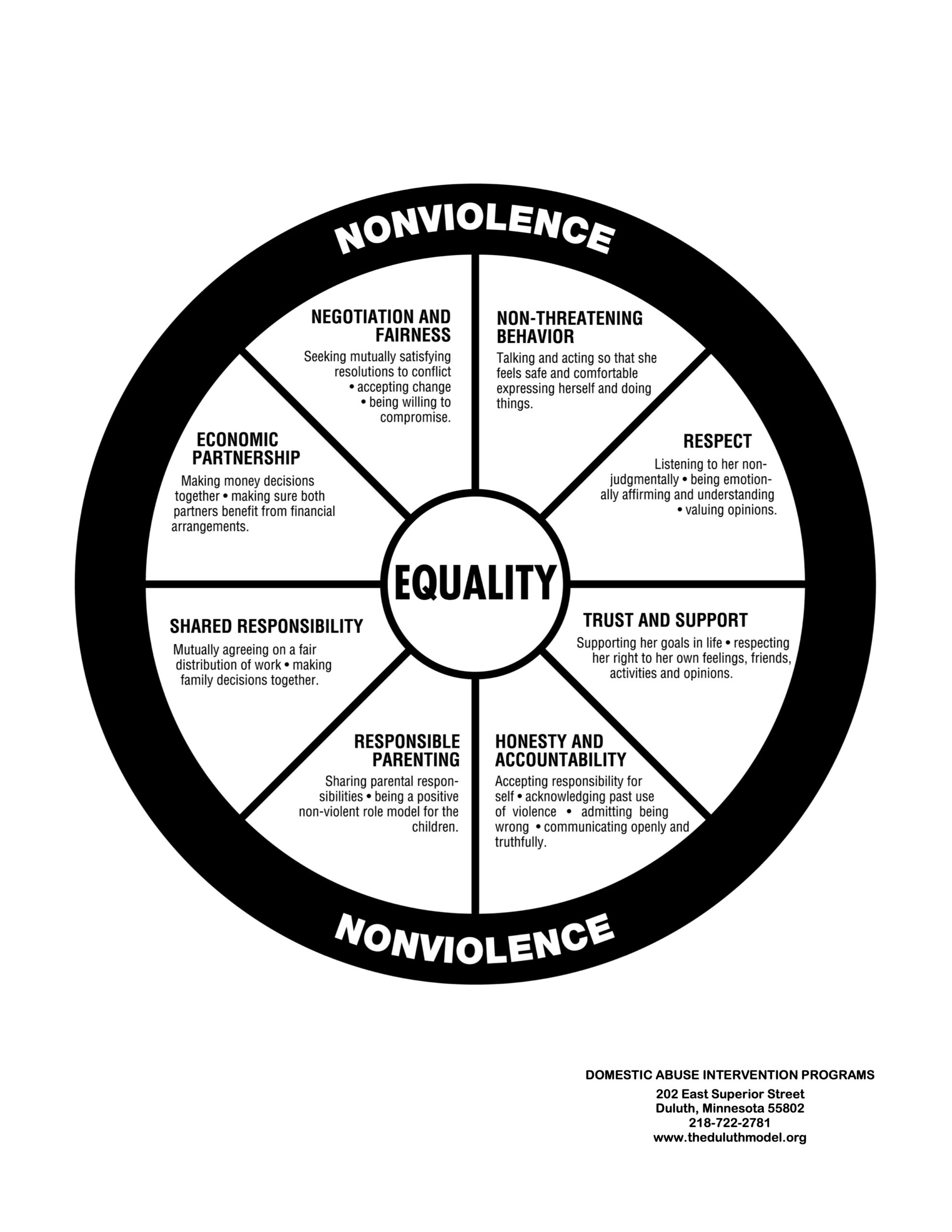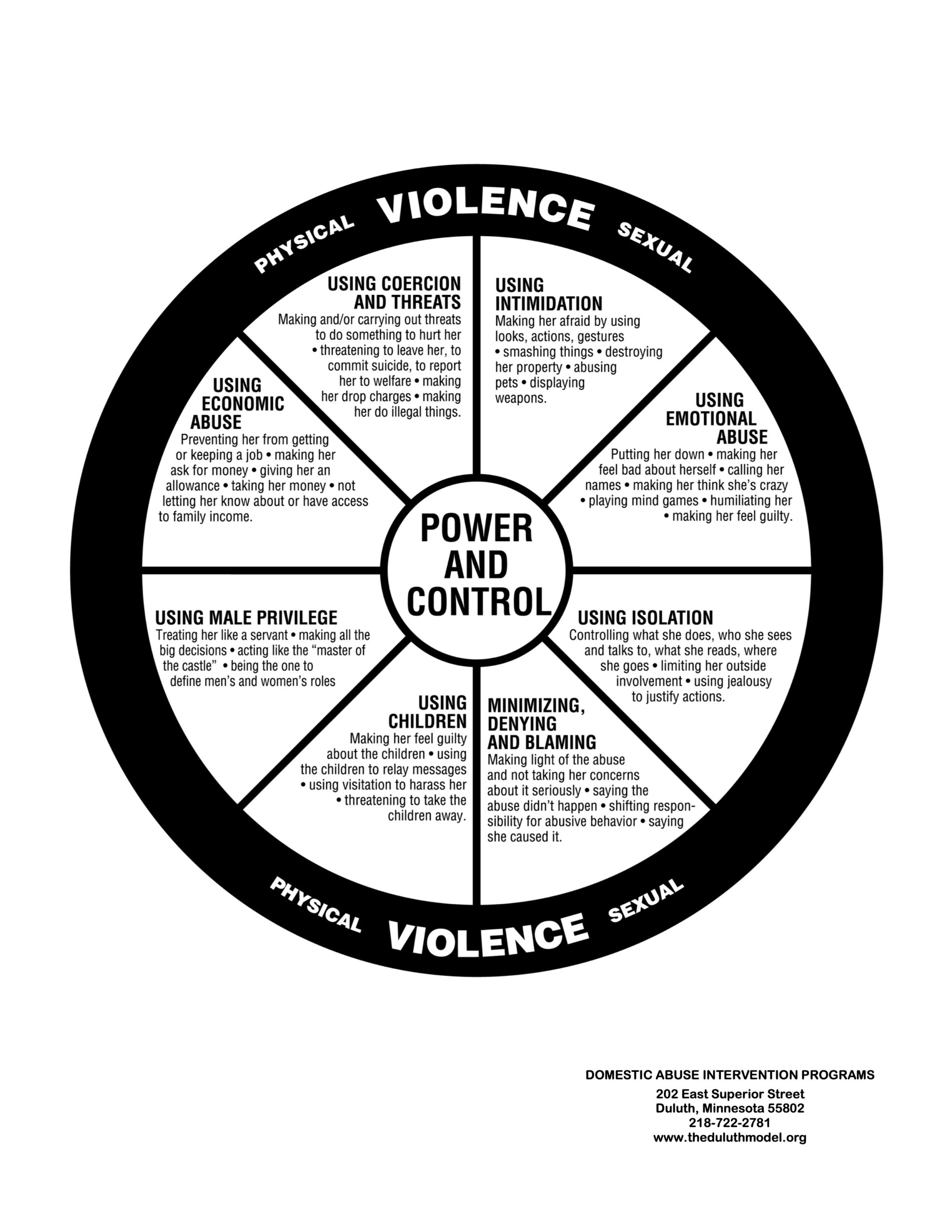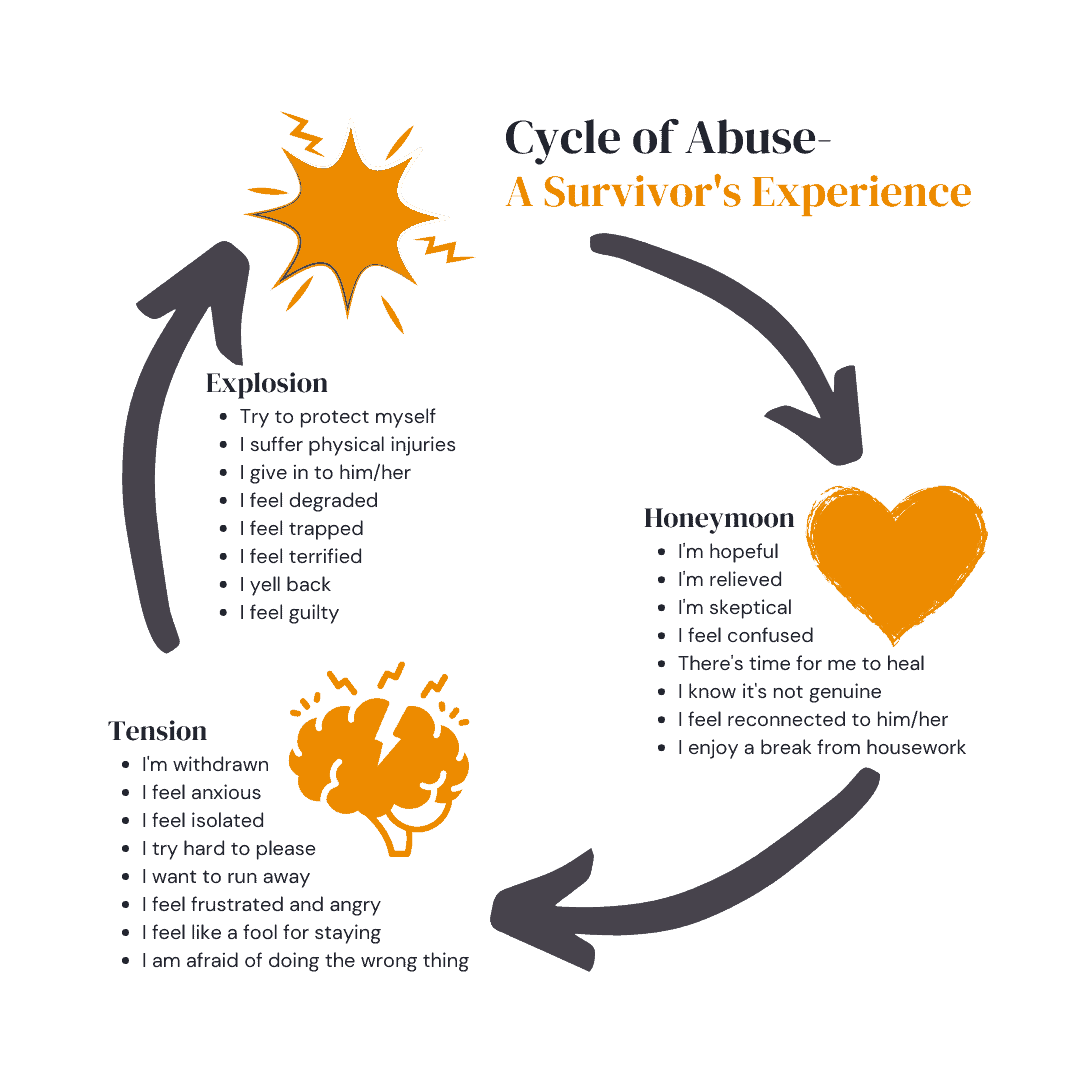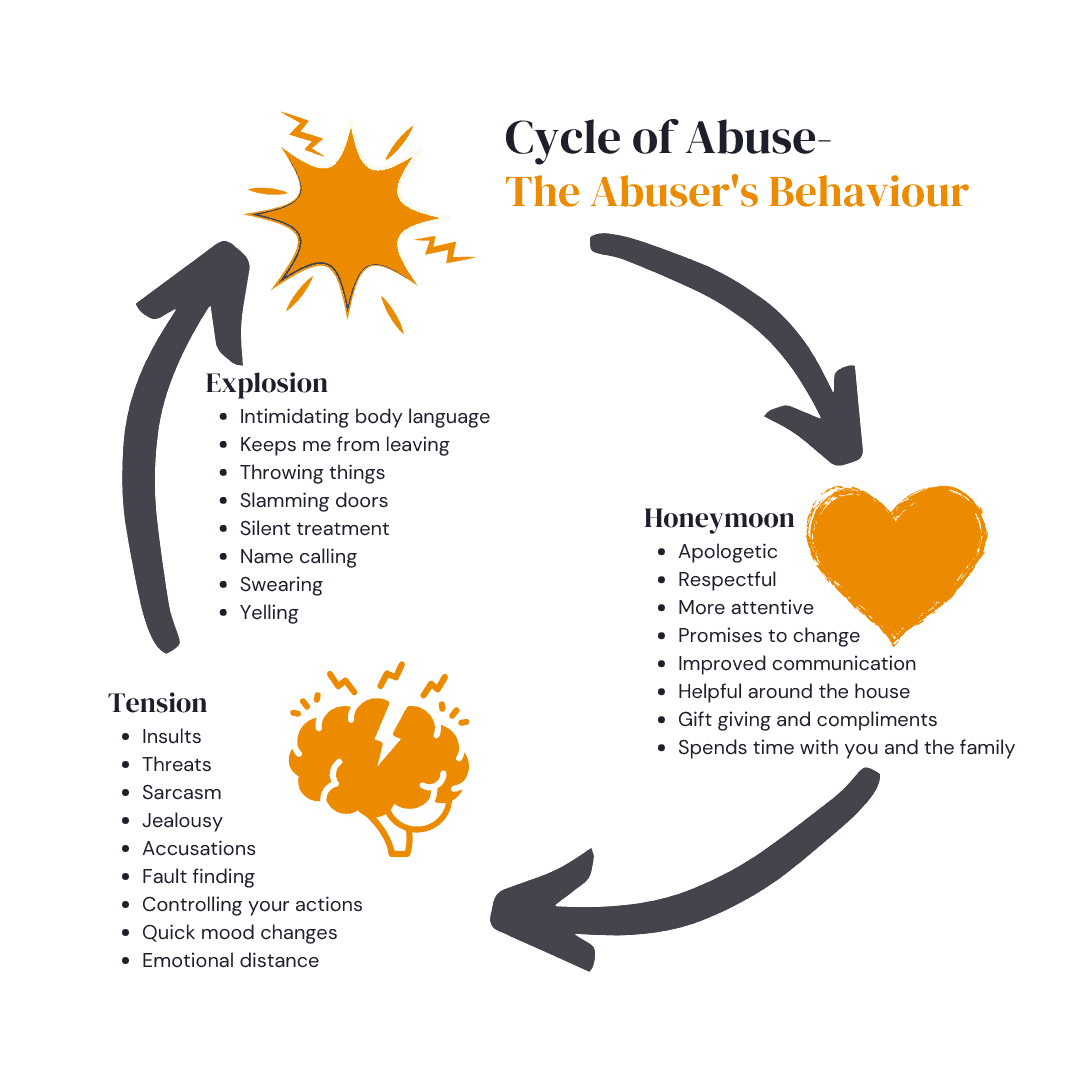Contents of Article
At the heart of an integrated sense of Self with identity and belonging is the capacity to both differentiate and connect.
Such differentiation and connection are founded in our ability to know our own inner worlds as unified yet unique with significance and worth.
Chele Yntema
Creating a Boundaried sense of Self: Differentiated yet Connected
So, what exactly does it mean to be differentiated yet connected, to be boundaried interpersonally in the manner by which we navigate our needs and the motivations, perceptions, interpretations, and actions that may arise from them?
Though the totality of such a concept is beyond the scope of this article as it pertains to our very sense of being (our identity), here we shall begin by delving into the key concepts of what our core needs are and what they are not, reasonable and unreasonable expectations (as adults), what aspects are negotiable and what aspects are not negotiable, communicating needs with compassionate collaboration, as well as some key principles that can assist us along the way as we begin to develop who we are with another.
What are our Core Needs? What are not Core Needs?
For those of us who grew up in less-than-ideal environments, particularly those of us who have experienced levels of relational or ambiguous trauma, knowing our core needs and even purely the concept of “needs” can be challenging. Indeed, when the fulfilment of core needs is reliant on the ability of a primary caregiver and that caregiver does not (or cannot) nourish those essential needs, as humans we may begin to learn that our Self needs are not as valuable as an Other’s needs, that – in order to survive – the Other’s needs take priority over and above Self. We may have learned that our core needs are unreasonable, or we may have even learned that to assert any of our needs creates a threat (such threat can be especially true of many authoritarian-based systems of familial or institutional interaction).
 Quite often when such is the case, we innately embody a suppression of Self and instinctually meet the Other’s needs first, possibly not even knowing what our own needs are. This naturally creating the blurred and diffuse interpersonal line between Self and Other that creates friction and dissonance in relationship.
Quite often when such is the case, we innately embody a suppression of Self and instinctually meet the Other’s needs first, possibly not even knowing what our own needs are. This naturally creating the blurred and diffuse interpersonal line between Self and Other that creates friction and dissonance in relationship.
So how do we begin to become aware of and address this implicit movement toward putting the Other before the Self?
Whilst there is something to be said about working with a therapist to address some of the underlying fears that often stir doubt and confusion, as abovementioned there is an essence of groundedness within knowing with clarity what our core needs actually are.
So, what are our core needs?
Innate Core Needs
Simply put our core needs are those that are not negotiable as human beings – these are the needs that underscore our innate survival based emotional-motivational circuits and the embodied mechanisms that ultimately influence our actions. These needs are connection, protection, autonomy, and belonging with communicative meaning-making. More expressively:
Connection
Connection can be seen as that which establishes coherence and the fluid adaptive flows of integrated elements across time. Connection is the foundation to a sense of CARE and that something holds contextual continuity; it is felt sense of sense, a pleasant low affect and the safety that opens flourishing fulfilment.
In relation to our core needs connection is underscored by the neurobiological structures that hold a universal knowing of our innate needs for CARE. The affective and neuroceptive knowledge that propels the troubled youngling toward the caregiver in times of distress.
 In adulthood, with an integrated secure sense of Self, connection may be the connectedness one has to Self (and parts), the connectedness one holds to an Other (inclusive of Spiritual or Divine Other’s), as well as the connectedness one holds to the World (sociocultural embeddedness).
In adulthood, with an integrated secure sense of Self, connection may be the connectedness one has to Self (and parts), the connectedness one holds to an Other (inclusive of Spiritual or Divine Other’s), as well as the connectedness one holds to the World (sociocultural embeddedness).
Protection
Protection can be seen as that which is the means or method of defending Self or an Other. It is the foundation to a sense of FEAR and the knowledge that one is not exposed to undue vulnerability and when one is that one has means to be shielded or guarded against the impeding danger.
In relation to our core needs protection is underscored by the neurobiological structures that hold a universal knowing of our innate needs for safety. The affective and neuroceptive knowledge that propels flight, flock, frenzy, fight, force, ferociousness, freeze, freak, feign, and flop actions.
In adulthood, with an integrated secure sense of Self, protection may be the various modes of sensing-perceiving-interpreting and responding from a sense of Self; the balanced patterns of interaction with Others and the World that are taken to remain free from threat.
Autonomy
Autonomy can be seen as the quality of self-governance that allows the Self to attain intrinsic or value-based needs and desires. It is the foundation to a sense of interdependence and the knowledge that one can act in one’s own agency and in alignment of one’s own volition.

In relation to our core needs autonomy is underscored by the neurobiological structures that hold a universal knowing of our innate needs for agency. The affective and neuroceptive knowledge that propels frustration and annoyance and the predisposition of RAGE based activation toward fight, force, or ferociousness.
In adulthood, with an integrated secure sense of Self, autonomy may be the sense of freedom and agency to act with choice and self-determination from a sense of authenticity and empowerment.
Belonging with Communicative meaning-making
Whilst belonging can be seen as a sense of orientation toward another that allows the Self to remain protected and connected, belonging cannot occur without a sense of Self being resonantly seen, heard, understood, accepted, valued, and delighted in by an Other. Such a sense only occurring through implicit and explicit means of communicative meaning-making – where the Other reflects the Self and the Self reciprocates which in turn is reflected by the Other in care.
In relation to our core needs belonging with communicative meaning-making is underscored by the neurobiological structures that hold a universal knowing of our innate needs for mourning and meaning. The affective and neuroceptive knowledge that propels the activation of PANIC/GRIEF and the orientation toward an Other in times of confusion and loss.
In adulthood, with an integrated secure sense of Self, belonging with communicative meaning-making may be the embodied sense of being with an Other or in the World with direction and purpose and the sense that Self makes sense.

With these core needs defined, it may be here necessary to rearticulate that, if we have not grown up in a secure environment quite often, rather than holding an embodied secure sense of Self as significant and of worthy of connection, protection, autonomy, and belonging with communicative meaning-making, there may be an insecure dissonant sense of mistrust and fear when connecting to either Self, Other, or the World (known as insecure attachment) that requires additional support of a therapeutic Other that will work with you in understanding your authentic sense of Self and the innate needs that were neglected and/or abused.
With this in mind, I move to briefly extrapolate what the above outlined core needs might look like in adulthood, and what they certainly do not look like – what they are not. It may be important to here, should a sense of fear, anger, or grief arise from the times where these needs have gone unmet within relationships, to take the time to pause and acknowledge those losses with compassion. Perhaps even taking a compassionate moment to come back to Self if you are pushed beyond your Window of Capacity.
10 Reasonable Human Needs in Relationship
- To be treated with respect and dignity.
- To be treated with equality.
- To feel seen, heard, understood, accepted, valued, and delighted in.
- To feel a sense of clarity, continuity, consistency, and stability.
- To be and feel safe from physical, psychological, sexual, spiritual, financial, and/or technological abuse.
- To be and feel safe from coercion and control including subtle forms of discrimination, oppression, and/or suppression through uses of role, status, collective, or systemic forms of power.
- To be free to be alone (space and time to Self).
- To be free to be ones unique sense of Self without that uniqueness being demeaned, disparaged, denigrated, dismissed, or devalued in any way.
- To be free to communicate one’s desires, yearnings, wishes, or wants.
- To know that both Self and Other are free to say “no” and that that no shall be heard and respected without resentment or repercussion (consent).
In highlighting these very reasonable human needs I move into the nuances that underscore all adult relationships. By adult relationship I mean two equal human beings coming together with the assumed knowledge that neither are now dependant creatures (as in the caregiver-youngling relationship).
The Nuances: What is not a need in adult relating
The paradox of adult relating is that sometimes other human beings will not be willing or able to meet our core needs within the relationship. It is important to remember that this does not mean that these needs are not reasonable. Indeed what we might begin to name as a reasonable expectation in relationship circles us back to the above outlined list, and the knowledge, that as Hailey Magee, author of Stop People Pleasing and Find your Power, states:
“Sometimes others have differing needs; maybe they don’t have the time, energy, or resources to invest in our needs right now; maybe they’re working through their own trauma or triggers in a way that prevents them from being able to meet our needs.
In these cases, it’s important to remember: Others’ inability to meet our needs doesn’t immediately make our needs unreasonable or “too much.” Sometimes, it just means that, like two puzzle pieces whose edges don’t align, our needs are not compatible right now.
From here, it’s up to us to decide what boundaries we need with those who can’t or won’t meet our reasonable needs.”
Therefore, I note that a need is not the following:
- That the other fulfil your needs
In line with this it is important to know that whilst our core needs are not negotiable, how we meet those needs are.
Indeed, this is where our capacity to know and to communicate – without the expectation that the other must fulfill our requests – what it is we are thinking, feeling, what our need is, and how the other may be able to support us in fulfilling those needs. And whilst communication is a learned skill in its own, it is important to remember that, as highlighted by the Gottman Institute, lasting relationships require flexibility, a solid friendship, and the knowledge that friction and conflicts are inevitable – it is not about not disagreeing, it is about disagreeing well and knowing that no matter the rupture both are willing and wanting to repair and to spend time in compassionate collaboration working through and solving the issues at hand.
 Vitally here, I add the caveat that when requests for our reasonable needs to be meet is met with threat, coercion, or means of control via demeaning, disparaing, denigrating, dismissing, or devaluing actions in any way it is imperative to find support from an Other who can assist you in exiting the relationship safely.
Vitally here, I add the caveat that when requests for our reasonable needs to be meet is met with threat, coercion, or means of control via demeaning, disparaing, denigrating, dismissing, or devaluing actions in any way it is imperative to find support from an Other who can assist you in exiting the relationship safely.
Consequently, and quite paradoxically I note that, should you be in a relationship where fear dominates, it is reasonable that this may be a situation that is hard to simply “choose to set a boundary” within. Seeking compassionate and safety-based support in these times may just be the connection and protection essential in re-establishing a sense of Self autonomy and the ability to change your situation.
With this articulated, I have added some resources below to reference more of the “how” we might achieve compassionate collaboration and a sense of internal clarity of reasonable and unreasonable expectations. Importantly it may be that we need additional support or a mutual sounding board (a therapist) to help us work through some of the seemingly intractable differences we have.
Interpersonal interaction is not an easy feat, especially if we have grown up in environments where the development of our sense of Self was not facilitated through connection, protection, autonomy, and communicative meaning-making. Remember, we cannot know what we do not know unless we are supported in knowing the unknowns. We cannot become differentiated and connected beings without the security formed when the expression of our very being is met with the intentional and resonant modulation (by the primary caregiver) that has allowed for the emergence of an internal sense trust in the Self as resonantly seen, heard, understood, accepted, valued, and delighted in (the foundation of secure infant attachment).
Some Key Principles to Remember
It is essential to keep in mind that expectations within adult relationships are far different to what is reasonable in childhood when we are dependent on the caregiver for survival.
- It is not about not fulfilling Self and Other needs.
- As adults we have Self responsibility and accountability for our own thoughts, feelings, and needs – you can read more about these terms here.
- Communication is the crucial key – be aware of the Four Horseman.
- It takes time and trust, appreciation and approach, reciprocity and repair.
Resources to Support You
The Four Horseman
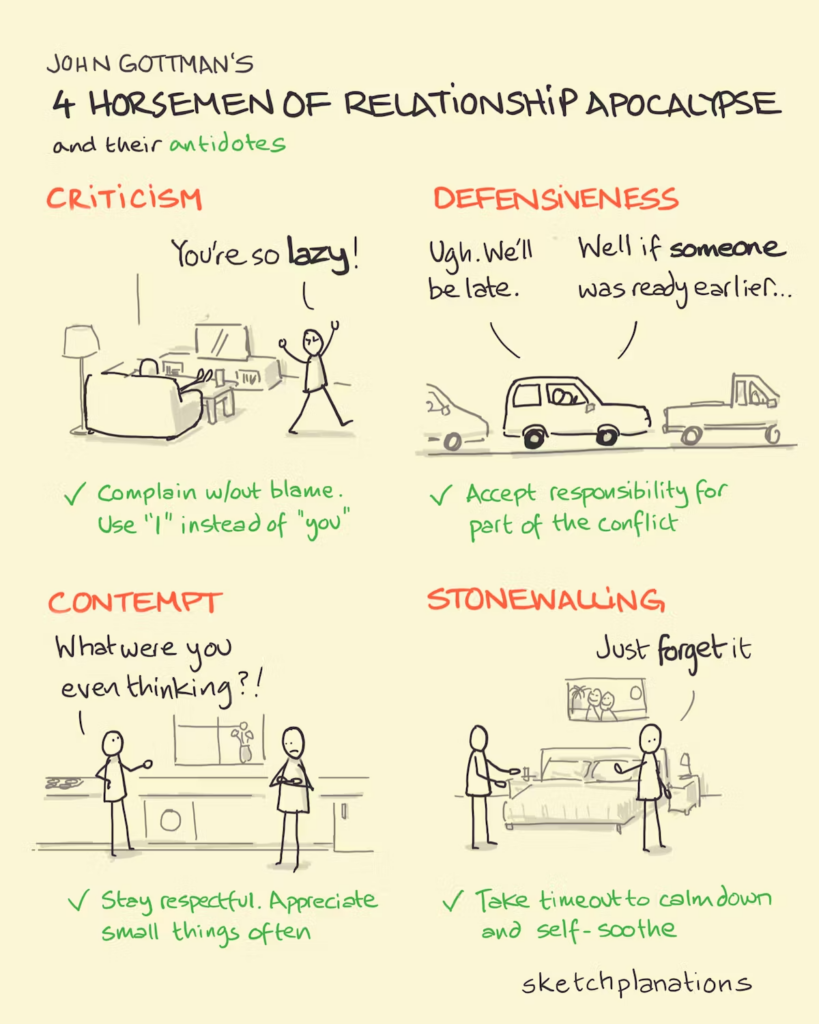
Needs explained
More from Hailey Magee
Here’s why trying to “reason your way” out of boundary guilt isn’t working—and here’s what to do instead:
Telling a people-pleaser they “shouldn’t feel guilty” about setting a boundary is like telling someone they “shouldn’t feel anxious” when they’re anxious.
It doesn’t actually help.
Many people-pleasers intellectually believe that it’s okay to put their needs first, but emotionally, the thought of setting a boundary fills them with the heavy sludge of guilt—and no amount of logic, reason, or “you deserve better!” seems to make a dent in it.
In this article, I’ll explain the scientific reasoning behind why your guilt may be resistant to reason, logic, and positive thinking—and share what actually helps instead. (Hint: It has to do with your nervous system!)
Access the post HERE
This boundary advice is secretly destroying your relationships:
But as it turns out, most social media advice about boundaries favors rigid, uncompromising guidance that’s very useful for toxic relationships—but can quickly destroy healthy relationships.
Toxic relationships typically require firm and unapologetic stances; healthy relationships typically require grace, flexibility, and fluidity. When we set boundaries in healthy relationships as if they were toxic relationships, we erode trust, create unnecessary distance, and inhibit opportunities for change and repair. When we set boundaries in toxic relationships as if they were healthy relationships, we lose ground, get overridden by others’ negative reactions, and expose ourselves to further hurtful treatment.
Here are some helpful guidelines for discerning when to be flexible and fluid, and when to be firm and uncompromising.
Access the post HERE
More from The Gottman Institute
Five steps to fight better if your relationship is worth fighting for:
Conflict is inevitable in every relationship. Psychologist Dan Wile says it best in his book After the Honeymoon: “When choosing a long-term partner, you will inevitably be choosing a particular set of unresolvable problems.” However, Dr. Gottman has found that nearly 1/3 of all conflicts can be resolved with the right approach.
The popular approach to conflict resolution, advocated by many marriage therapists, is to put yourself in your partner’s shoes, listen to what they say, and communicate with empathy that you understand their perspective. It’s a decent method if you can do it.
But most couples can’t. Even happily married couples. After studying couples for the last 40 years, Dr. John Gottman has recognized that even happy couples do not follow the experts’ rules of communication.
By studying what these couples did, Dr. Gottman developed a new model for solving your solvable problems in an intimate relationship.
Access the post HERE
The Four Horsemen: Criticism, Contempt, Defensiveness, and Stonewalling:
The Four Horsemen of the Apocalypse is a metaphor depicting the end of times in the New Testament. They describe conquest, war, hunger, and death respectively. We use this metaphor to describe communication styles that, according to our research, can predict the end of a relationship.
Access the post HERE
Power & Control Vs Equality
Understanding the Power and Control Wheel:
Physical and Sexual Violence (outer ring)
Using Intimidation
Using Emotional Abuse Using Isolation Minimizing, Denying and Blaming
Using Children
Using Male Privilege
Using Economic Abuse
Using Coercion and Threats
Access the information HERE
Cycle of Abuse:
Research has shown that there is a distinctive cycle to domestic abuse. Although every relationship is different, commonalities can be seen. There are three different phases: the honeymoon phase, the tension-building phase, and the explosion phase. The entire goal for this cycle is to keep the survivor on edge and to obtain power and control over the relationship.
Access the information HERE
If you are unsure or are experiencing indicators of Domestic and Family Violence the following services can provide crisis support or information:
In an emergency, call Triple Zero (000)
1800respect
DFV 24/7 Helpline
Ph: 1800 737 732
Online Chat
https://chat.1800respect.org.au/#/welcome
Find Services
https://www.1800respect.org.au/services
Kids Help Line
24/7 Helpline
Ph: 1800 55 1800
Web Chat
https://kidshelpline.com.au/get-help/webchat-counselling
Email
counsellor@kidshelpline.com.au
For Parents
https://kidshelpline.com.au/parents
Website
https://kidshelpline.com.au
Mens Referral Service
Counselling
Ph: 1300 766 491
Find Information
https://ntv.org.au/get-help/
Elder Abuse Prevention Unit
Helpline
Ph: 1300 651 192
Find Information
https://www.eapu.com.au/
White Ribbon Australia
Find Information
https://www.whiteribbon.org.au/
 Welcome, my name is Chele, I am a therapist primarily specialising in Trauma – specifically as it presents as Burnout and Breakdown. As a psychotherapist & PACFA & CCAA Clinical Counsellor I work individually with beautiful humans such as yourself who feel alone, lost, confused, & overwhelmed; those of you who are longing for something different.
Welcome, my name is Chele, I am a therapist primarily specialising in Trauma – specifically as it presents as Burnout and Breakdown. As a psychotherapist & PACFA & CCAA Clinical Counsellor I work individually with beautiful humans such as yourself who feel alone, lost, confused, & overwhelmed; those of you who are longing for something different.
As such, I offer my knowledge, skills, and inherent gifts with ears that listen to hear, and a heart open to receive who you are, no matter the suffering you bring; to support you in an exploration of how your past has impacted you and the ways that shows up presently. Together we will rediscover your hope and your sense of Self; we will reconnect you to what matters reclaiming the joy and delight in life you so deserve.
I welcome you to view my services or connect with me to explore how I can assist you in your journey.
References & Resources
Benson, K. (2021). 5 steps to fight better if your relationship is worth fighting for. The Gottman Institute. https://www.gottman.com/blog/5-steps-to-fight-better-if-your-relationship-is-worth-fighting-for/
The Bowen Center. (n.d.). Differentiation of self. The Bowen Center for the Study of the Family. https://www.thebowencenter.org/differentiation-of-self
Brittle, Z. (2024). U is for understanding. The Gottman Institute. https://www.gottman.com/blog/u-is-for-understanding/
The Family Systems Institute. (n.d.). Definitions from Bowen theory. https://www.thefsi.com.au/definitions-from-bowen-theory/
Gerlach, P. K. (n.d.). Do you REALLY know what you need? [Video]. YouTube. https://www.youtube.com/watch?v=rryc1nLjCd0
Gray, H. (2024). Why you need to accept your partner’s needs. The Gottman Institute. https://www.gottman.com/blog/why-you-need-to-accept-your-partners-needs/
Lisitsa, E. (2023). The four horsemen: Criticism, contempt, defensiveness, & stonewalling. The Gottman Institute. https://www.gottman.com/blog/the-four-horsemen-recognizing-criticism-contempt-defensiveness-and-stonewalling/
Magee, H. (2024). Here’s why trying to “reason your way” out of boundary guilt isn’t working—and here’s what to do instead. Hailey Magee. https://www.haileymagee.com/blog/you-cant-logic-your-way-out-of-guilt
Magee, H. (2024). This boundary advice is secretly destroying your relationships. Hailey Magee. https://www.haileymagee.com/blog/2023/9/25/this-boundary-advice-is-secretly-destroying-your-relationships
My.Gov. (n.d.). What does a healthy relationship look like? The State of New York. https://www.ny.gov/teen-dating-violence-awareness-and-prevention/what-does-healthy-relationship-look
Women Against Abuse. (2025). Types of abuse. https://www.womenagainstabuse.org/education-resources/learn-about-abuse/types-of-domestic-violence
Youth.Gov. (n.d.). Characteristics of healthy & unhealthy relationships. Youth.gov. https://youth.gov/youth-topics/teen-dating-violence/characteristics

